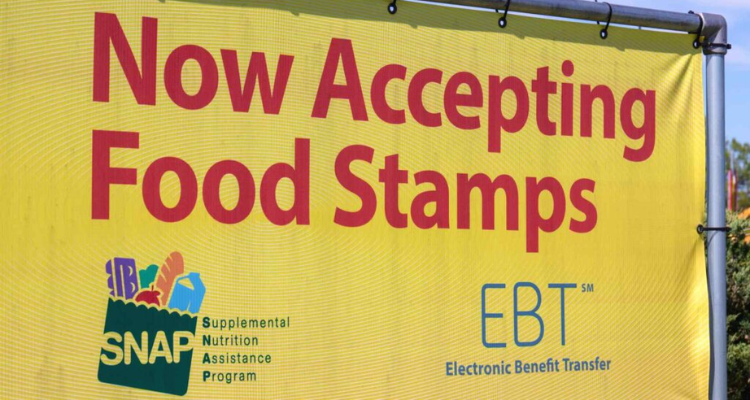New work rules go into effect, affecting beneficiaries without dependents between 53 and 54 years old
The Supplemental Nutrition Assistance Program (SNAP), a vital source of assistance for low-income households in the United States, faces significant changes that could leave many Americans without support. SNAP, known to be the nation’s largest nutrition assistance program, accounted for about 65% of U.S. Department of Agriculture (USDA) nutrition assistance spending in FY2022. With total federal spending of $119.5 billion, SNAP assisted an average of 41.2 million participants per month, providing average benefits of $230.88 per participant.
New Rules Affect SNAP Recipients
Effective October 1, SNAP applicants between the ages of 16 and 59 must meet stricter work requirements. This includes being enrolled for work, participating in the SNAP employment and training program, accepting job offers, and not reducing their hours below 30 without a valid reason. Those who already work at least 30 hours a week, or meet the work requirements for TANF or other programs, are exempt.
The most recent changes extend work requirements to 53- and 54-year-olds, who must now work or volunteer at least 80 hours per month, or enroll in SNAP employment and training programs that require the same number of hours. If they do not meet these requirements, they could lose their benefits after three months.
Exceptions and Specific Requirements
To avoid losing their benefits, beneficiaries must be caring for a child under age six, a disabled person, be enrolled in an alcohol or drug treatment program, or be attending school or a training program at least half-time. Individuals between the ages of 18 and 52 without dependents must meet the Adult Without Dependents (ABAWD) work requirement to receive benefits more than three months every three years.
The only exemptions to this rule include those who are unable to work, are pregnant, have dependents under age 18, are veterans, are homeless, or were in foster care at age 18. Those who do not meet the ABAWD work requirement will lose their benefits and must complete 30 days of work to reapply for SNAP or wait three years to receive an additional three months of benefits.
Communication and Counseling
Alex Beene, a financial literacy instructor at the University of Tennessee at Martin, emphasizes that although the eligibility criteria are broad, many recipients have lost their benefits due to misunderstandings about program rules. Beene stresses the importance of state governments effectively communicating these changes to ensure that affected individuals receive the assistance they need.
With these changes in place, it is crucial that SNAP recipients understand and comply with the new work requirements so that they do not lose their essential assistance.
